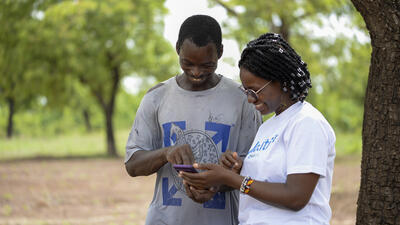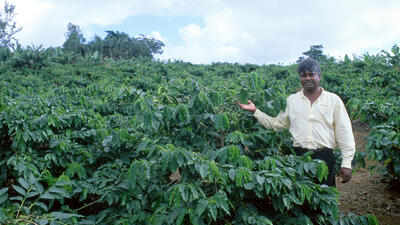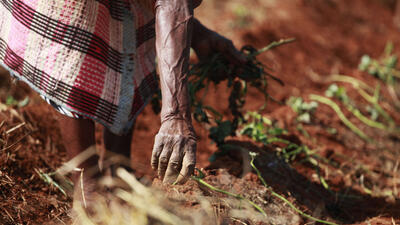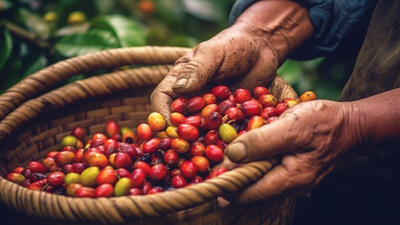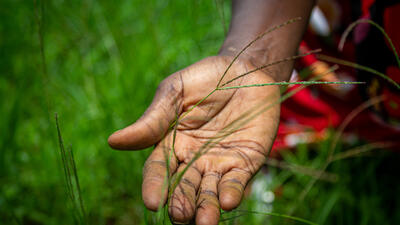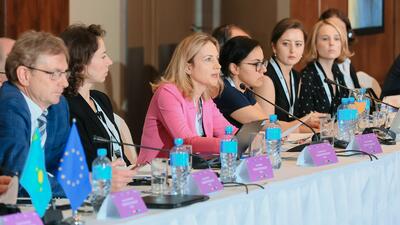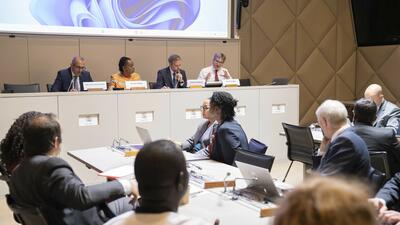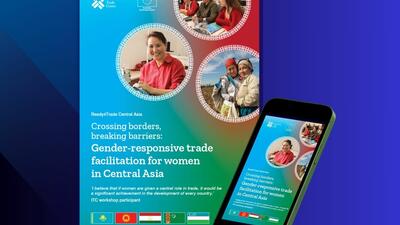
Designing sustainable trade policies for broader impact
Trade Forum talked with Patricia Fuller, President and CEO of the International Institute for Sustainable Development (IISD).
With IISD working on international trade for the past two decades, analysing it from multiple perspectives, this interview sheds light on trends in the sustainable trade arena as well as the implications of climate change policies on international trade.
A: One trend I can already see, and one which I hope continues to grow, is policymakers considering the broader impacts of economic policies, such as trade policy, which was once tackled in isolation.
It’s not just about job creation from an exporting industry but also whether those jobs are inclusive and contribute to gender equity; it’s not just about reforming agricultural subsidies because of the trade distortions they create, but also considering their reform to preserve soil health and biodiversity.
Trade policymaking is becoming more holistic and more complex—as it should be.
A: Policymakers, businesses, and civil society actors need to lean into this complexity. Trade ministries need to spend more time understanding the priorities of the rest of government in areas such as climate adaptation and thinking about how to design—or even co-design—trade policy to serve a wider purpose.
It also means we must do a better job communicating how trade, and trade policy, can contribute to social and environmental objectives and, importantly, where the trade-offs are.
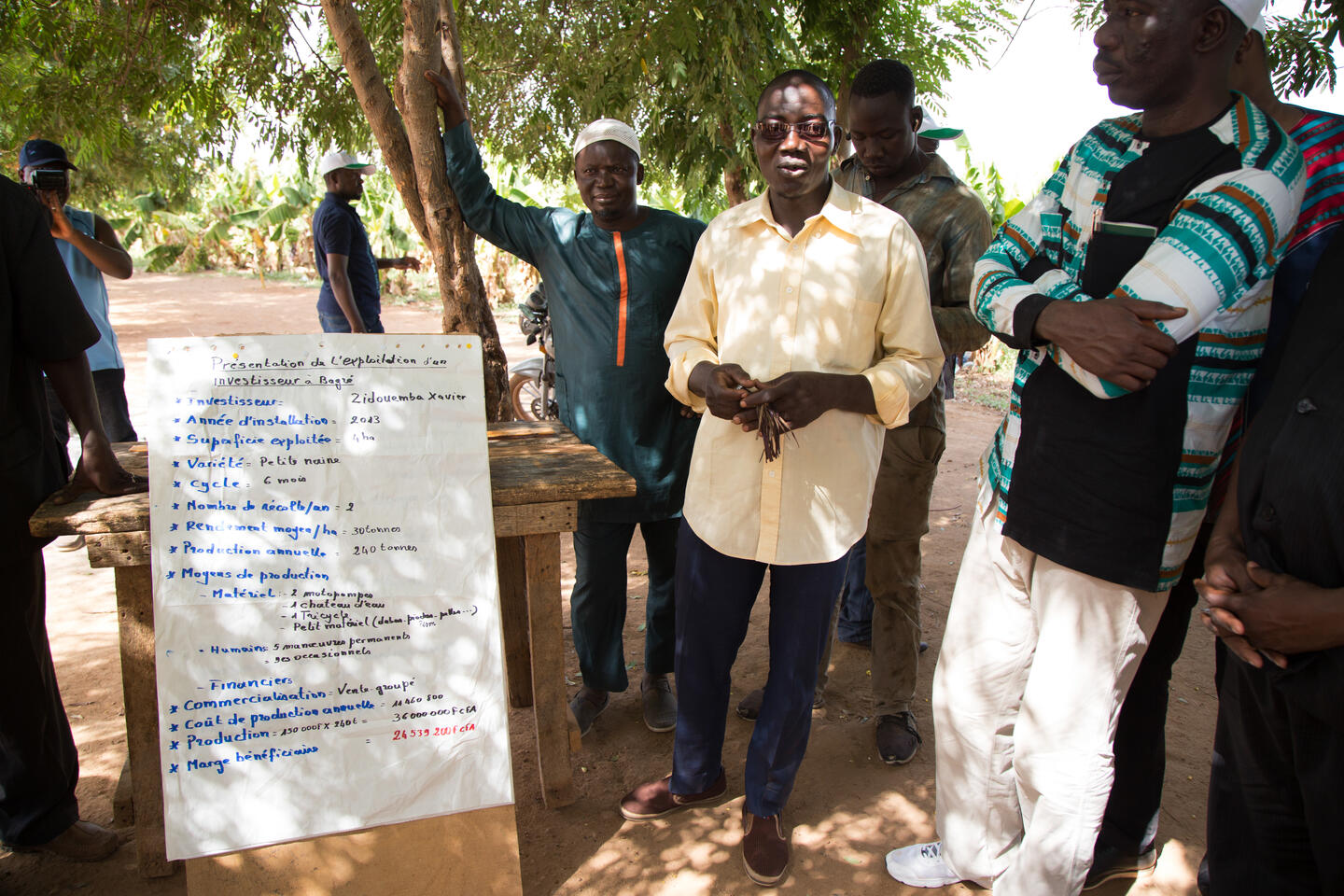
The interaction between climate policies and international trade and competitiveness is one of the most challenging topics in trade policy, and one of the most important to get right. At IISD, we see our role as showing governments and stakeholders how they can advance climate ambition while being fair to their trading partners.
Border carbon adjustments (BCAs) are a good example of this. They enable countries to ask their emissions-intensive industrial producers to pay an increasing price for carbon emissions, but they will inevitably cause trade frictions and equity issues as exporters from some countries face higher costs.
Meeting new reporting requirements also poses a greater challenge for small-scale producers and producers in countries with less available capital and whose governments are less able to provide support.
In addition, now that several different BCA systems are being developed by countries, producers could face multiple reporting systems. Agreeing on international standards for measuring embedded carbon in different products would be ideal, but in the meantime making different BCA reporting systems interoperable would help to alleviate the burden on producers—in particular small-scale producers—of emissions-intensive industrial goods.
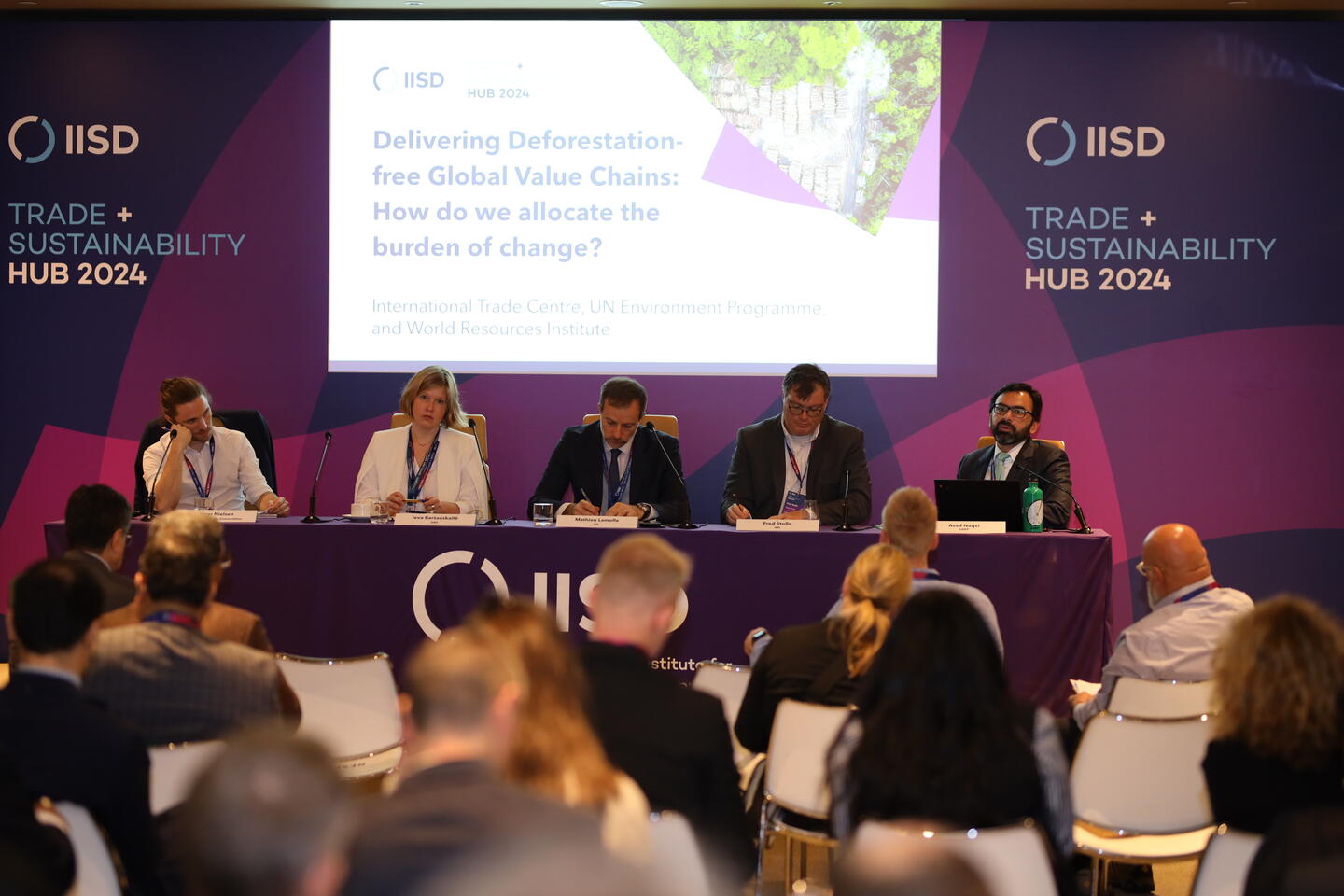
Small businesses are critical to the world economy, especially in developing countries. According to the World Bank, they represent about 90% of total business in the world and contribute to 40% of gross domestic product in emerging economies. As such, they have a key role to play in advancing sustainable trade and development agendas, for example by supporting forest and biodiversity conservation and ecosystems restoration.
At the same time, policies and regulations that encourage or require small business to adopt more sustainable production and trade practices are needed. But small businesses, especially in developing countries, also need financial incentives such as green subsidies or payments for environmental services—as well as support in the form of knowledge, extension services, and technology—to better align trade, environment, and development goals.
To take an example from our own work, IISD supports policymakers and practitioners (such as value chain actors and standard-setting bodies) to ensure their interventions support smallholder farmers. In Madagascar, we collaborated with the government to influence the design of a national strategy for organic agriculture, which includes measures to support smallholder farmers, such as establishing a bank for organic seeds and promoting public procurement of organic agricultural products.
In Cambodia, we are helping the government to develop tools that can support farmers to integrate sustainability in their business plans. We also work very closely with standard-setting bodies on ways to increase the financial rewards of farmers who adopt more sustainable production practices, by, for example, offering mandatory premiums that reflect the sustainability benefits of farming practices that protect nature, or other forms of financial incentives.





